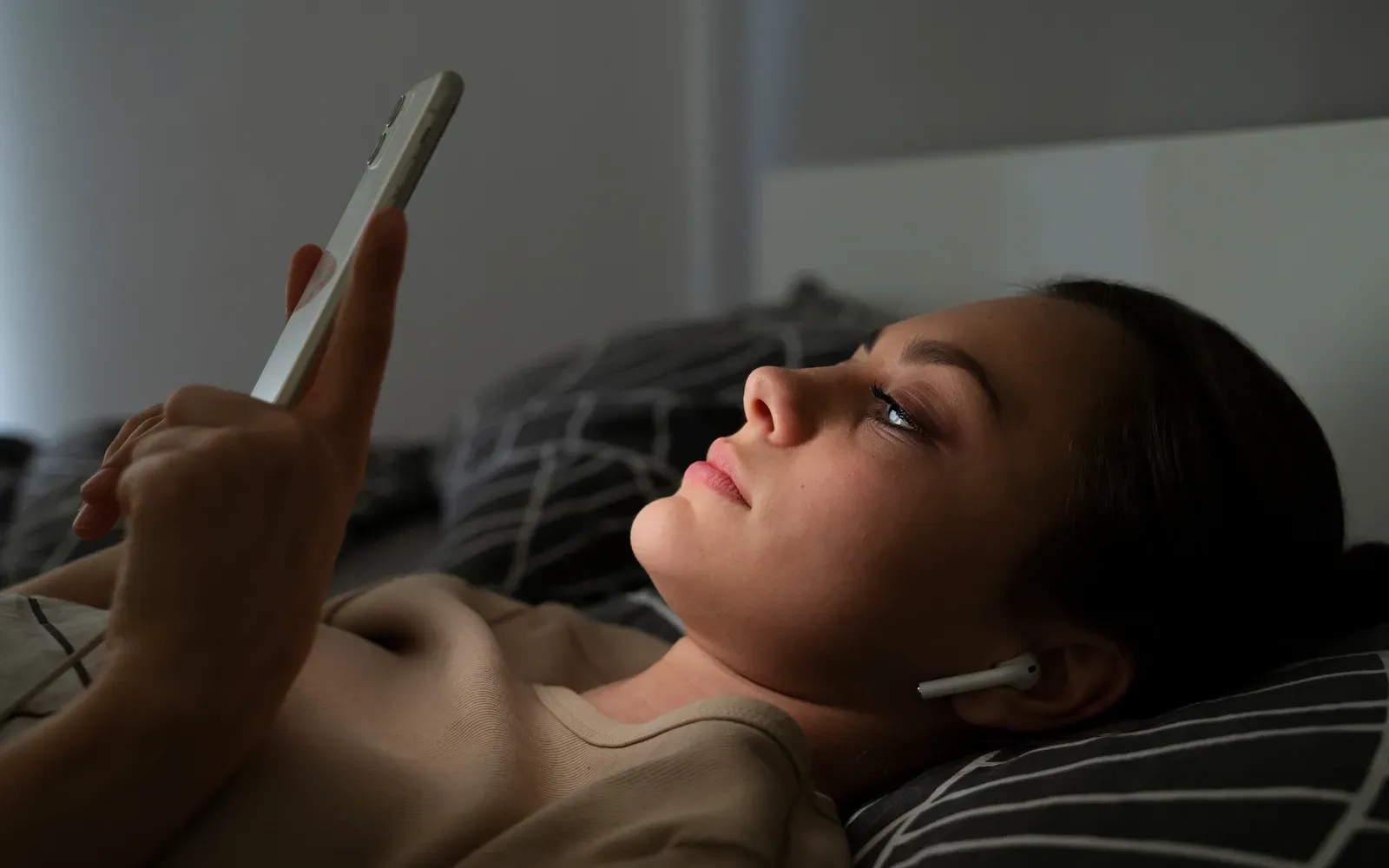In our increasingly digital world, many of us have developed the habit of reaching for our smartphones or tablets the moment we wake up. This habit can lead to a cascade of negative effects, including increased stress and decreased productivity throughout the day. To combat this, we decided to try not looking at our screens first thing in the morning. The results were surprising and enlightening. Here, we share our findings and insights from this experiment, highlighting the benefits of a screen-free morning routine.
The Impact of Screen Time on Morning Routine
Research indicates that exposure to screens, especially upon waking, can have a significant impact on our mental health and overall well-being. The blue light emitted by devices can disrupt our circadian rhythms and lead to feelings of anxiety and stress. By choosing to avoid screens in the morning, we aimed to create a more peaceful and intentional start to our day.
Benefits of a Screen-Free Morning
Our experiment revealed several key benefits of not looking at screens first thing in the morning:
| Benefit | Description |
|---|---|
| Reduced Stress | Without the immediate influx of notifications and news, we felt calmer and more centered. |
| Improved Focus | Starting the day without distractions allowed us to focus on our priorities and set intentions for the day. |
| Enhanced Creativity | A screen-free morning encouraged us to engage in activities like journaling and brainstorming, boosting our creativity. |
| Better Physical Health | We took advantage of our screen-free time to engage in physical activities like stretching or yoga, which improved our overall health. |
Setting the Stage for Success
To fully embrace a screen-free morning, we implemented several strategies that helped us transition away from our devices:
- Establish a Morning Routine: We created a structured morning routine that included activities such as meditation, exercise, and reading.
- Designate a Screen-Free Zone: We kept our devices out of the bedroom or at least out of reach to help resist the temptation to check them.
- Use Analog Alternatives: Instead of digital planners or apps, we opted for paper journals and physical books to engage our minds without screens.
Measuring the Results
We tracked our progress and feelings throughout the experiment to assess the impact of our new morning routine. Below is a chart illustrating our observations over the course of two weeks:
| Day | Stress Level (1-10) | Focus Level (1-10) | Overall Well-Being (1-10) |
|---|---|---|---|
| 1 | 7 | 4 | 5 |
| 7 | 5 | 6 | 6 |
| 14 | 3 | 8 | 8 |
As shown in the chart, our stress levels decreased significantly, while our focus and overall well-being improved. This data reinforces the idea that reducing screen time can lead to a more fulfilling morning experience.
Challenges We Faced
While the benefits were evident, we also encountered some challenges during our screen-free mornings:
- Withdrawal Symptoms: The initial days were difficult as we felt the urge to check our phones for messages and updates.
- Social Pressure: There were moments when we felt disconnected from social media conversations that were happening in real-time.
- Finding Alternatives: We had to actively seek out alternative activities to fill the time we would typically spend on screens.
Conclusion: A Screen-Free Morning is Worth It
Ultimately, our experiment of not looking at our screens first thing in the morning proved to be beneficial for our mental and physical health. The positive changes we experienced in our stress levels, focus, and overall well-being were too significant to ignore. If you’re feeling overwhelmed by your digital devices, consider trying a screen-free morning routine. The results might just surprise you and lead to a more peaceful and productive day.
In summary, embracing a screen-free morning can enhance your quality of life by reducing stress and improving focus. With intentional planning and dedication, anyone can transform their mornings into a more mindful and fulfilling experience.





